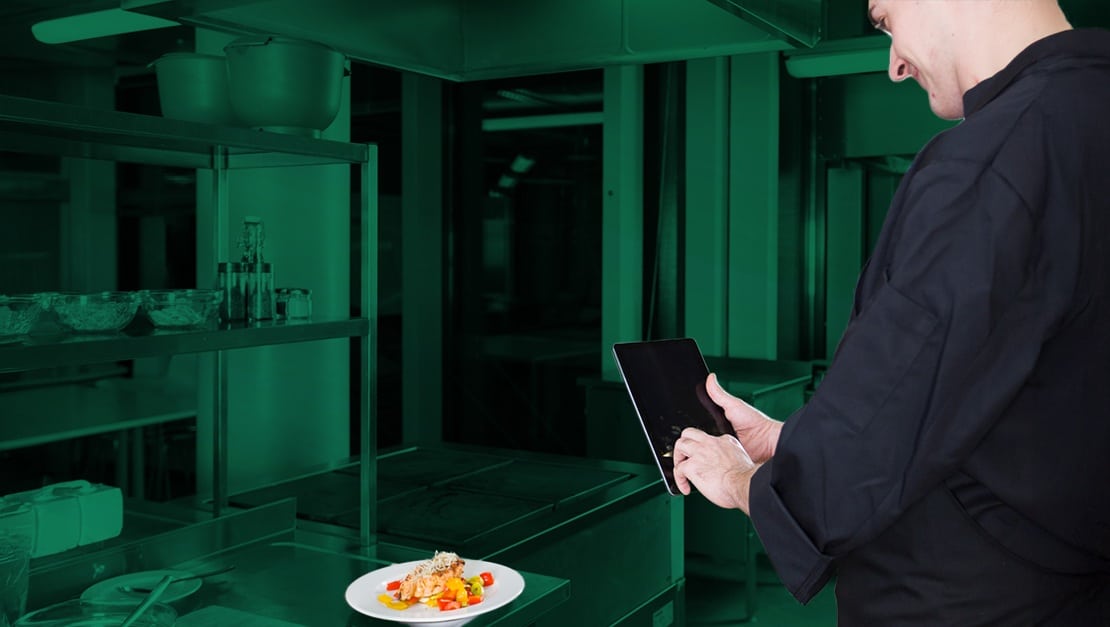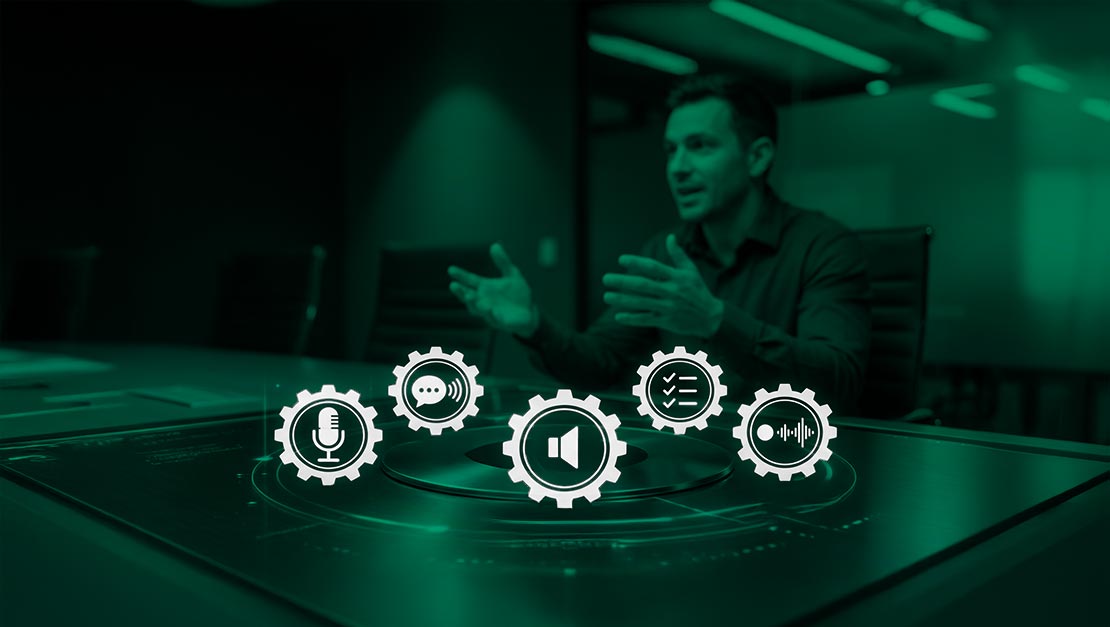The hospitality industry is undergoing rapid transformation, with AI technologies increasingly redefining how hotels, restaurants, and travel brands operate and compete. Whether you are an executive, manager, or industry professional, using AI can keep your accommodations ahead of the curve and offer guests an even more valuable experience at a fraction of the cost.
In this article, we discuss the importance of AI adoption in hospitality, highlight the top 10 AI tools poised to elevate hospitality operations in 2025, and provide comprehensive guidance to assist decision-makers in selecting the most appropriate solutions to meet your specific business objectives.
Why Choose AI Tools for Hospitality?
Hospitality businesses face intense pressure to deliver personalized guest interactions while maintaining operational efficiency in an increasingly competitive landscape. Additionally, in an industry that is laden with pen and paper processes, many daily workflows end up taking more time than they should. And, while employees are busy writing, they could be better spending that time helping customers.
AI tools help by automating repetitive, time-consuming tasks, unlocking data-informed insights, and enabling human staff to focus on hospitality’s true core: exceptional service.
From managing reservations and optimizing inventory to streamlining communication, reducing response times, and providing real-time language translation for international guests, the right AI tools can revolutionize day-to-day operations. They empower staff with actionable data and free up resources to create memorable experiences. That’s where aiOla plays a critical role, delivering enterprise-grade voice intelligence that’s built for the unique demands of hospitality.
Top 10 AI Tools for Hospitality
Below are the leading AI solutions transforming back-office operations and guest-facing workflows in hospitality:
1. aiOla

aiOla is redefining how the hospitality industry captures and uses spoken data. Instead of relying on manual notes, static forms, or delayed transcription, aiOla listens in real time, transforming unstructured speech into structured, actionable data instantly. Whether it’s a concierge taking a guest request, housekeeping logging maintenance issues, or a kitchen team reporting food safety checks, aiOla structures the information into searchable, compliance-ready records without interrupting workflow.
Its noise-trained models perform with 95%+ accuracy even in bustling hotel lobbies or busy restaurants, and it works in over 120 languages, accents, and dialects. The system also enables real-time keyword spotting—triggering instant alerts for priority issues like “fire alarm” or “VIP guest”—while protecting sensitive data with on-the-fly masking. Integration is seamless with most CRMs, ERPs, and hospitality PMS platforms, so teams get structured speech data flowing into the systems they already use.
For hospitality brands, this means faster issue resolution, better guest experiences, stronger compliance, and actionable insights at leadership’s fingertips—all powered by natural voice interaction.
2. SoundHound AI

SoundHound offers a versatile voice AI platform that enables natural conversational experiences in 25+ languages. Hotels and restaurants use it to power voice-first ordering, reservations, and concierge-style interactions. Its advanced natural language understanding allows guests to speak naturally, while integrations with POS and CRM systems ensure requests are processed without extra steps.
3. ALICE

ALICE acts as a central hub for guest-service communications. Guests can order room service, request extra towels, or schedule a wake-up call directly through the app or via SMS. For staff, it streamlines task assignments and ensures no request is lost, while management gets transparency on service response times and completion rates.
4. HiJiffy Voicebot for Hotels

HiJiffy’s voicebot handles reservations and guest inquiries naturally, even across multiple languages. Integrated with hotel PMS and CRM systems, it can check room availability, confirm bookings, and answer FAQs instantly. Hotels using HiJiffy often report reduced call center load and increased direct bookings.
5. HotelPlanner Booking Assistant
This AI booking assistant powers over a million hotel reservations worldwide. It manages availability checks, pricing queries, and booking confirmations in more than 15 languages. With tight integration into industry-standard PMS and CRS platforms, it ensures fast, accurate reservation handling at scale.
6. Canary AI

Canary AI uses generative AI to handle guest phone calls with contextual, property-specific responses. It can process requests for amenities, handle booking changes, and escalate issues when needed—all in real time. Hotels benefit from reduced abandoned calls and improved guest satisfaction.
7. Allora
Allora is an AI-powered revenue management platform designed for hotels. It analyzes booking trends, market demand, competitor pricing, and seasonal data to dynamically adjust room rates. By automating yield management, Allora helps properties maximize occupancy and revenue without sacrificing guest satisfaction.
8. Mobotix
![]()
Mobotix delivers advanced AI-powered video surveillance solutions for hotels and resorts. Its intelligent video analytics can monitor crowd flow, detect security risks, and even identify maintenance issues such as spills or blockages in real time. The system integrates with building management and security protocols, making it a valuable tool for safety and operational efficiency.
9. Riviera
Riviera offers multilingual, AI-driven guest assistance for bookings, special requests, and concierge services. Available 24/7, it’s designed to reduce front desk workload while improving response times. Riviera can also be customized to reflect each property’s brand tone and style.
10. KITT by The Hotels Network
KITT turns a hotel’s existing website content into a voice assistant. Guests can call in and get answers about amenities, offers, and events without navigating menus. This tool is especially effective for converting phone inquiries into direct bookings.
How to Choose the Right AI Tools for Hospitality
Wondering how to determine which AI tools are best for your accommodations? Follow these steps to choose the right AI tool to improve your operations and guests’ experience:
- Identify Your Biggest Needs: Are you tackling staffing gaps, voice communication, training, or guest-facing support? Narrowing the pain points makes tool selection more precise.
- Evaluate Integration & Ease of Use: Choose tools that integrate with your PMS, CRM, or communication channels. Solutions like aiOla—which works out of the box with zero training or jargon uploads—offer immediate usability.
- Prioritize Voice and Multilingual Support: With global teams and guests, voice and real-time language support are essential. aiOla’s voice AI shines here with multilingual speech recognition tailored for noisy environments.
- Ensure Compliance and Security: AI tools must respect data privacy and operational standards. Look for features like encrypted logs, auditability, and regulatory alignment.
- Consider Data Desires: Wondering how to improve and capture unstructured data to transform it into structured, usable data? aiOla’s voice AI makes this possible without added effort, enabling seamless workflow completion and improved collaboration.
- Opt for Configurable, Scalable Platforms: Tools should adapt to your growing needs. A system that scales with your business—without requiring repeated retraining—is a long-term win.
- Measure Improvement: Test tools with pilots and monitor metrics like staff efficiency, guest response time, inventory waste, and training completion rates. This helps justify AI investments with real ROI.
It’s also worth building a cross-functional AI adoption team, combining operational leaders, IT specialists, and guest service managers. This ensures tools are evaluated from all perspectives before full rollout, reducing the risk of costly mismatches.
Final Thoughts: Transforming Hospitality Capabilities With AI
AI tools are transforming hospitality—from staff efficiency and maintenance to training and guest support. Most importantly, these AI technologies are changing how companies gather and share critical data– manual efforts are becoming a way of the past, and for good reason. With AI tools, data can be captured and structured automatically, safely, and accurately, which is a primary need for every business.
The top 10 solutions outlined above offer targeted improvements across operations. Choosing the right tech involves understanding your priorities, seeking seamless integration, and ensuring your team—and your guests—can benefit immediately.
aiOla’s voice AI, with its voice-first, multilingual, zero-training approach, positions it among the essential tools for modern hospitality operations.
Want to see aiOla in action? Request a demo and explore how your team can work smarter, faster, and more intuitively—thanks to voice-powered AI.













